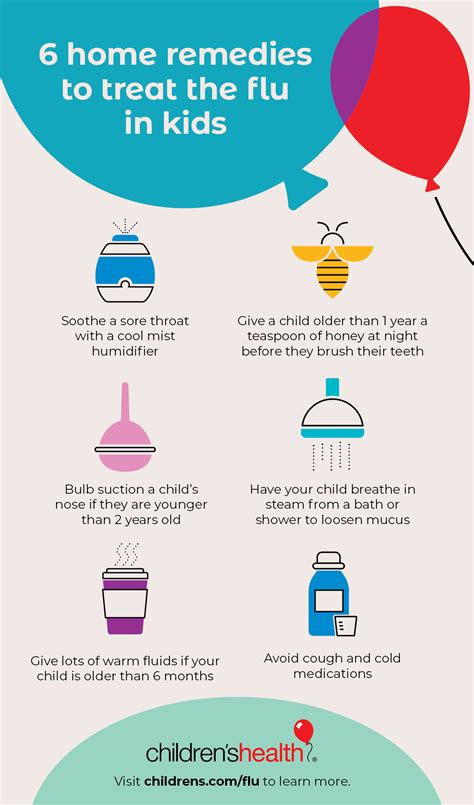How to Treat Influenza: A Comprehensive Guide to Flu Recovery
The flu, or influenza, is a common viral infection that can leave you feeling miserable. While there's no quick cure, understanding how to treat influenza effectively can significantly shorten your recovery time and minimize discomfort. This guide will cover various treatment strategies, focusing on both medical interventions and home remedies.
Understanding Influenza: Symptoms and Diagnosis
Before diving into treatment, let's briefly review the common symptoms of influenza. These typically include:
- Fever: Often high and accompanied by chills.
- Cough: Usually dry and persistent.
- Sore throat: Pain and scratchiness in the throat.
- Muscle aches: Widespread body pain.
- Headache: Often severe.
- Fatigue: Extreme tiredness and weakness.
- Runny or stuffy nose: Nasal congestion and discharge.
While many symptoms overlap with the common cold, the severity and sudden onset often distinguish influenza. A doctor can diagnose the flu through a rapid influenza diagnostic test (RIDT) or through clinical evaluation based on your symptoms. It's crucial to consult a healthcare professional for diagnosis and appropriate treatment, especially if you're at high risk of complications.
Medical Treatments for Influenza
Several medical interventions can help alleviate flu symptoms and reduce the risk of complications. These include:
Antiviral Medications
Antiviral drugs, such as oseltamivir (Tamiflu) and zanamivir (Relenza), are prescription medications that can shorten the duration of the flu and reduce the severity of symptoms. These are most effective when started within 48 hours of symptom onset. Your doctor will determine if antiviral medication is appropriate for your specific situation.
Other Medications
Your doctor might also prescribe other medications to manage specific symptoms:
- Pain relievers: Over-the-counter medications like acetaminophen (Tylenol) or ibuprofen (Advil, Motrin) can help reduce fever and relieve aches and pains. Always follow the dosage instructions carefully.
- Cough suppressants: These medications can help control a persistent cough, improving sleep and overall comfort.
- Decongestants: These can help relieve nasal congestion, but they may not be suitable for everyone.
Home Remedies for Influenza Relief
While medical treatments are crucial in certain cases, several home remedies can help manage your symptoms and promote comfort:
Rest and Hydration
Rest is paramount when battling the flu. Your body needs energy to fight off the virus. Coupled with rest is the importance of staying well-hydrated. Drink plenty of fluids like water, clear broths, and electrolyte solutions to prevent dehydration.
Over-the-Counter Medications
As mentioned above, over-the-counter pain relievers and cough suppressants can provide symptomatic relief. Always follow the recommended dosage and consult a pharmacist or doctor if you have any questions or concerns.
Other Home Remedies
Some people find relief from:
- Gargle with salt water: This can soothe a sore throat.
- Humidifier: Adding moisture to the air can help relieve congestion.
- Warm bath or shower: The steam can help loosen congestion.
When to Seek Medical Attention
While most people recover from the flu without complications, it's essential to seek medical attention if you experience:
- Difficulty breathing or shortness of breath
- Chest pain or pressure
- Sudden dizziness
- Confusion
- Severe or persistent vomiting
- Flu-like symptoms that improve but then return with fever and worse cough
Don't hesitate to contact your doctor if you have any concerns about your symptoms. Early intervention can prevent serious complications.
Preventing the Spread of Influenza
Preventing the spread of influenza is crucial for protecting yourself and others. Good hygiene practices include:
- Frequent handwashing: Wash your hands thoroughly and often with soap and water.
- Covering coughs and sneezes: Use a tissue or your elbow to cover your mouth and nose.
- Avoiding close contact: Stay away from sick people as much as possible.
- Vaccination: The annual flu vaccine is the most effective way to prevent influenza.
By understanding how to treat influenza effectively and taking preventative measures, you can significantly reduce your risk of getting sick and minimize the impact if you do. Remember to consult your doctor for diagnosis and treatment, especially if you're at high risk of complications.
